Budapest experienced a kind of rebirth in the 1870s, as the three old cities merged into a new, modernising metropolis. The city had to endure many shocks in this decade, as it was hit by the consequences of the Vienna stock market crash and cholera. A huge crowd poured into the city from the countryside, and people - both those who had already lived here and those who moved in - had to continue their lives in a completely new, metropolitan environment, which demanded different public cleanliness rules than what they were used to.
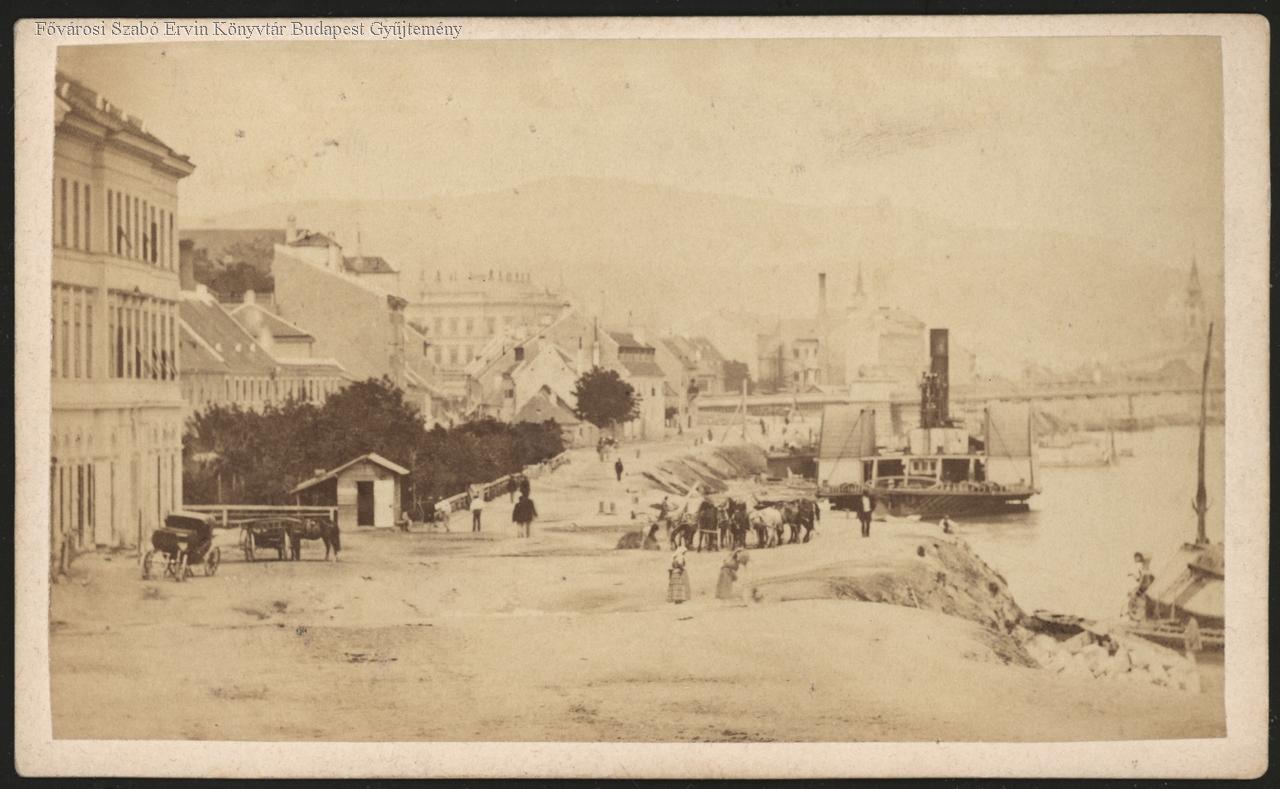
Budapest became a real big city in the 1870s, although most of the streets were unpaved, and public cleanliness left much to be desired (Photo: FSZEK Budapest Collection)
Pestbuda previously wrote about what housing conditions were like, and those articles also revealed that, except for the more affluent, the housing conditions in Budapest were in fact unbearable in many places. Crowding and dirt were hotbeds of many small and large epidemics, and mortality was high.
Remember, there was hardly any sewage system at that time. Household garbage was taken from the city every day, but the level of public cleanliness was quite low. The apartments were mostly heated with wood and coal. A lot of animals lived in the city, not only pets, but also poultry, possibly pigs, and even horses, since horses pulled the carriages and the horse-drawn railways at that time. The manure of the farm animals at the houses is carried away twice a week, on closed tarpaulin-covered carts.
Until a street was paved, horse excrement was perhaps less of a problem than on paved or asphalted roads, but it is a fact that one of the big problems of the second half of the 19th century was the collection of horse excrement from public areas.
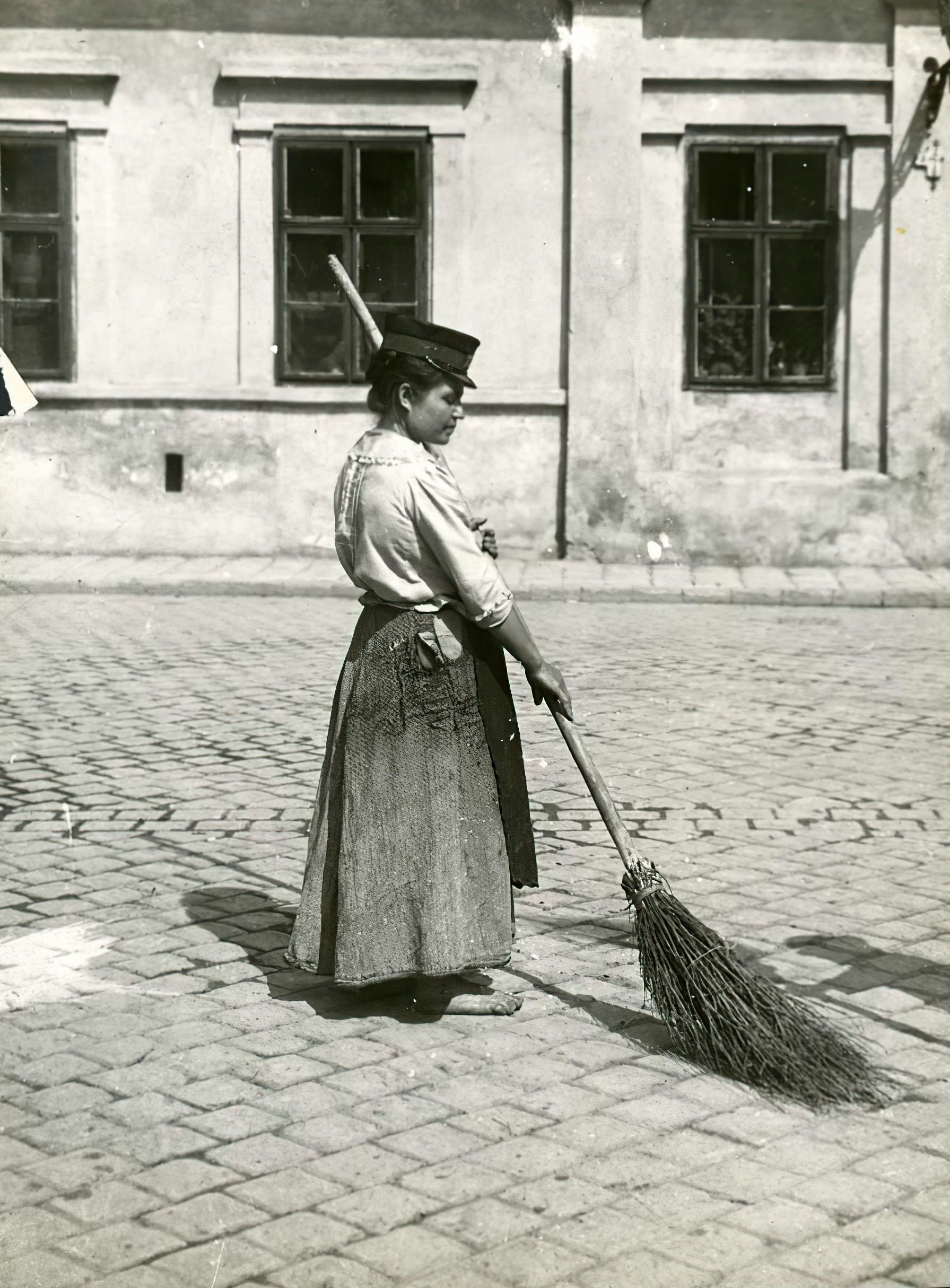
The street sweeper was an important player in urban life (Photo: Fortepan/Országos Széchényi Library)
Since there was hardly any sewerage, cesspools collected the contents of the outhouses in most of the houses. According to the regulations, these, as well as the canals and outhouses, were only allowed to be cleaned at night, between 10 p.m. and 5 a.m.
The cleanliness of public areas was regulated by decrees of the capital administration. When the city was united, the rules of Pest were applied to Buda and Óbuda, but after a few years, the regulations had to be modified. The capital city council tightened the rules at the beginning of 1878, specifically on 9 January 1878.
The regulations covered several changes compared to the previous ones. Thus, according to the new procedure, the watering of the sidewalks was discontinued. The district leaders had to organise the sweeping of the streets and the cleaning of the passages, the cleaning of the sidewalks was the responsibility of the house owners. The council did not fail to draw attention to the fact that it is necessary to amend the plumbing rules, because the water fee will also change due to the end of the watering obligation. An interesting explanation was given for this rule, according to the 10 January 1878 issue of the newspaper Hon:
"Among the amendments, we mention that the watering of the sidewalk will cease due to »gender requirements« (!) so that the ladies are not forced to hold down their clothes; — and the watering of half of the street is not going to be carried out by the landlords, because, as Jekelfalusy as a councillor said, nowhere in the world is the situation of the landlords as oppressive as in Budapest."
The public cleanliness regulations forbade the cutting of trees on roads covered with asphalt, as well as on boulevard-like roads, such as Andrássy Avenue, and even the cutting of trees in public areas was only allowed where the yard of the given house was too narrow or there was not any to cut wood there. But even in this case, that is, if the tree had to be cut on the street, the sidewalk and driveway had to be left free.
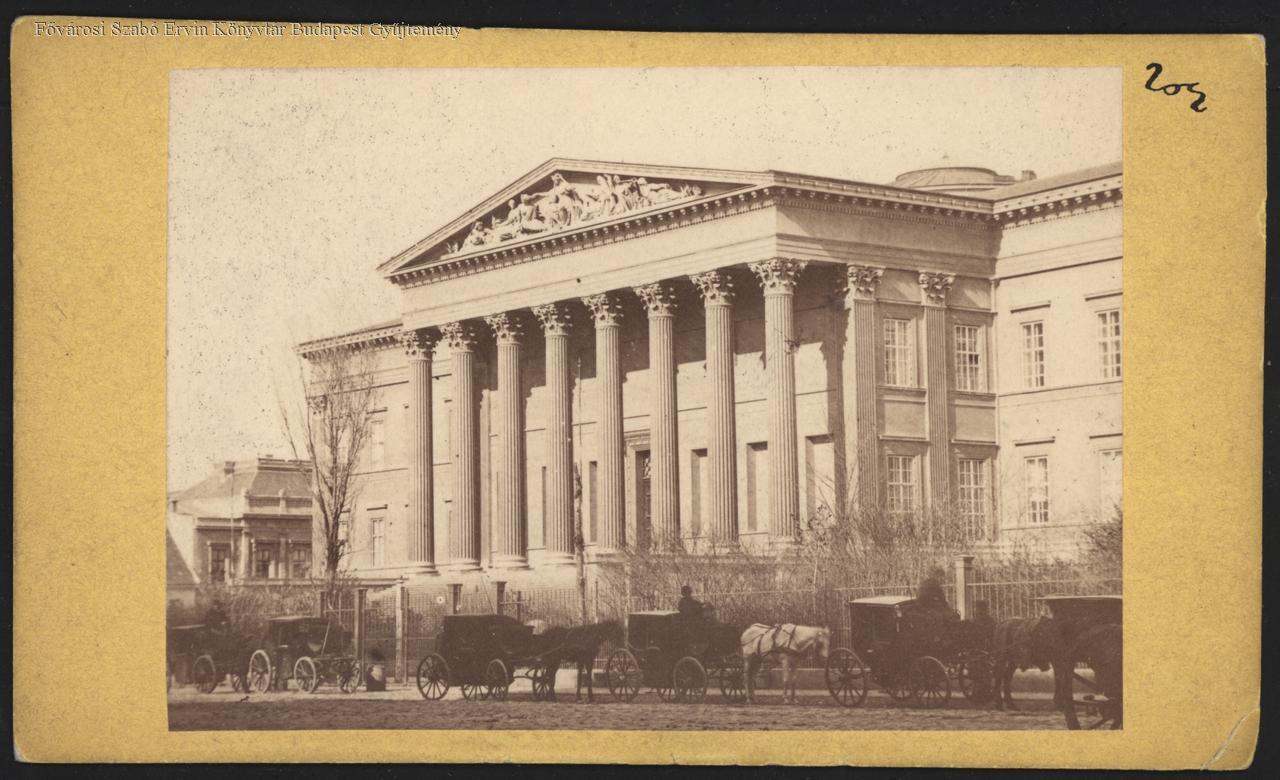
Horse-drawn carriage station in front of the National Museum. They had to disinfect daily (Photo: FSZEK Budapest Collection)
It was forbidden to shake the rag out the window towards the street after dusting, and it was also forbidden to just throw household garbage on the street. From now on, the provision also prohibited urinating on the street outside of designated places.
There was a separate paragraph about the area around the car stations. In the first place, the rental car spaces could only be created in paved areas, they had to be washed twice a day, and the vehicle owners had to disinfect their surroundings every day between the beginning of May and the end of October. The manure had to be collected in a closed container
The regulation also had a separate provision for fruit and melon peels, according to which it is no longer possible to simply throw them on the street, but the one that would force the vendors to clean up, as they pay a local fee, was deleted from the previous rules.
At the meeting, the provision that the wagons bringing hay, vetch or straw to the city must cover the goods was removed from the proposed rules, because this could not have been implemented.
In the case of violations committed on roads, streets and public spaces, the capital police acted, and in the case of irregularities inside houses and plots, the district authorities acted. According to the rules of the time, the provision had to be submitted to the Minister of the Interior for approval, which happened in May 1878, so the new rules came into force.
Cover photo: The street sweeper was an important player in urban life (Photo: Fortepan/Országos Széchényi Library, Fortepan/No.: 13748, Fortepan/No.: 24542)

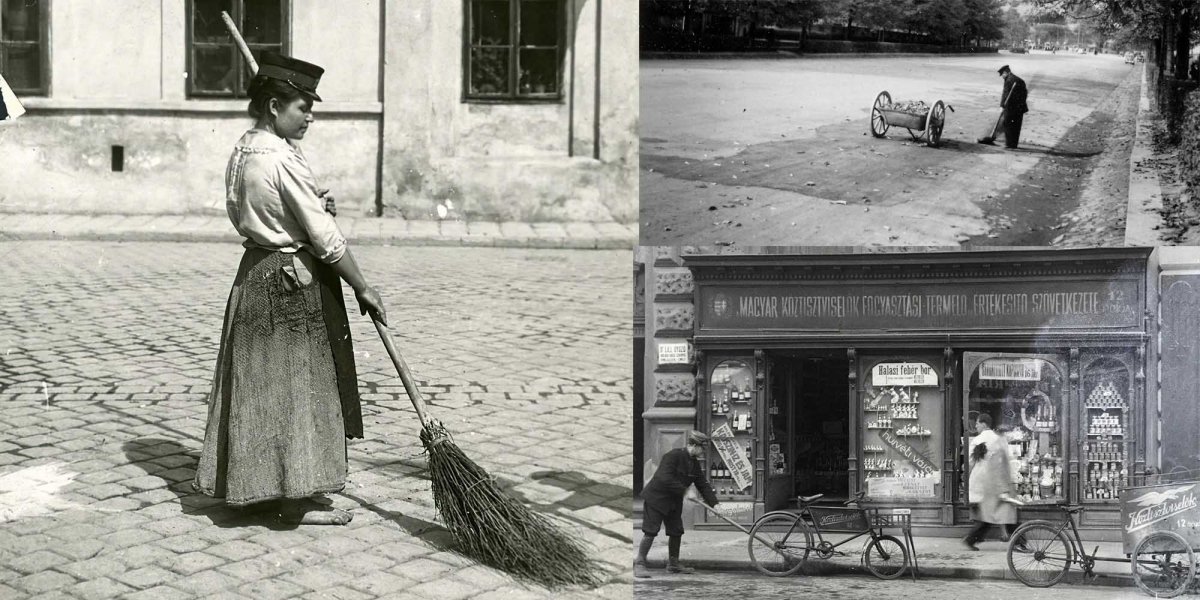
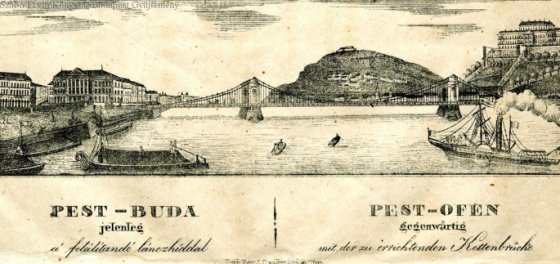
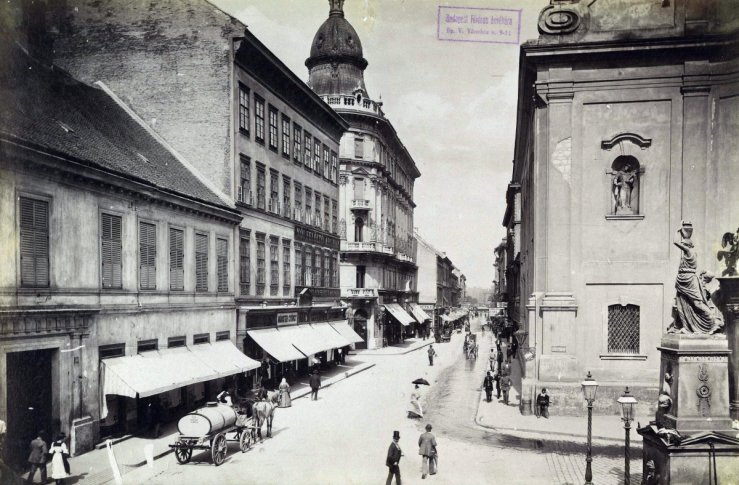
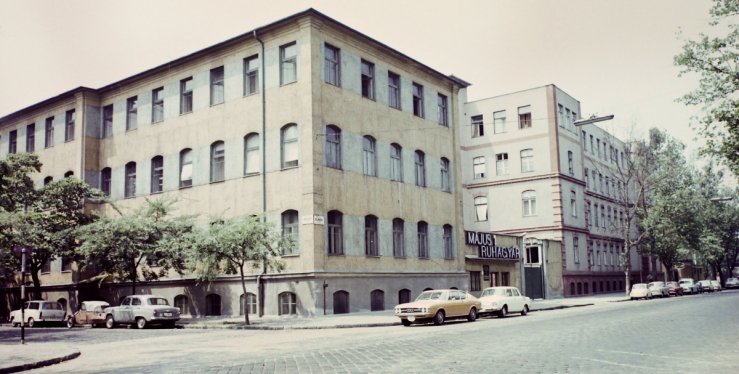
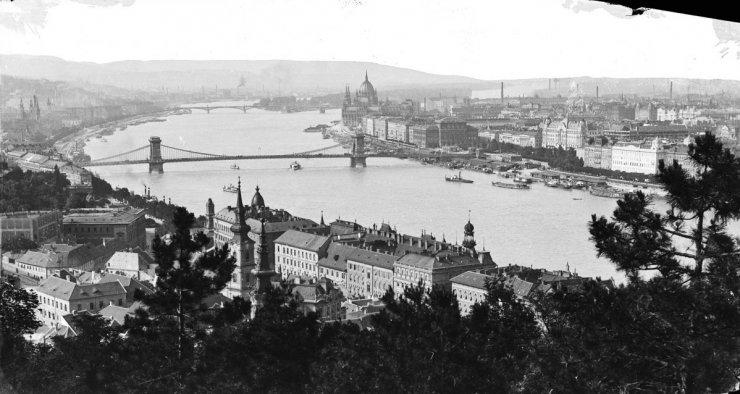
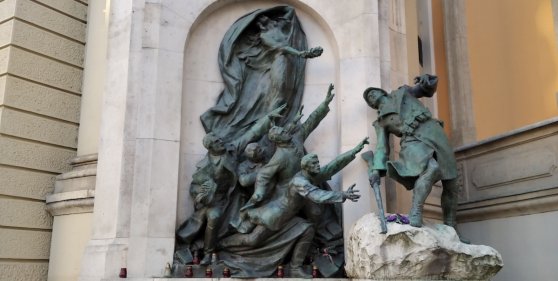
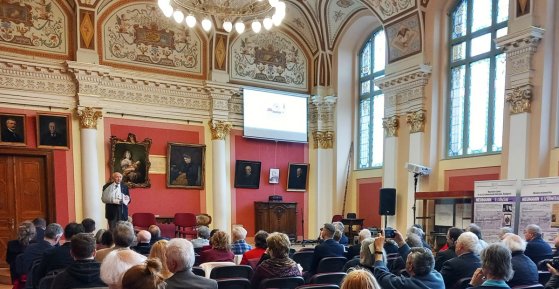
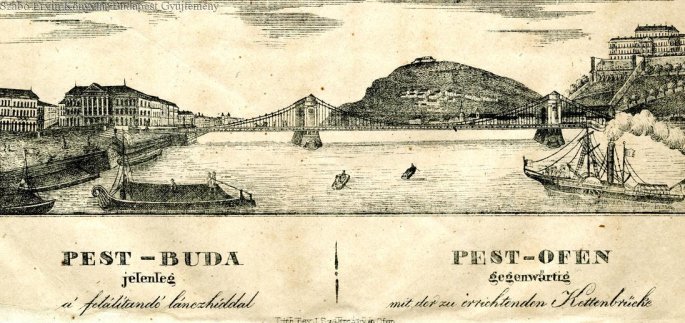
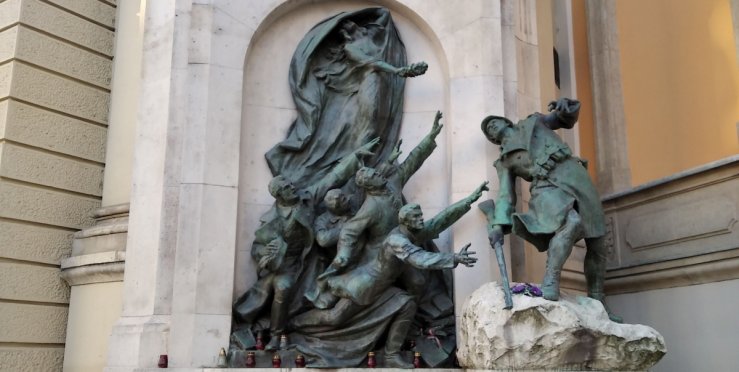
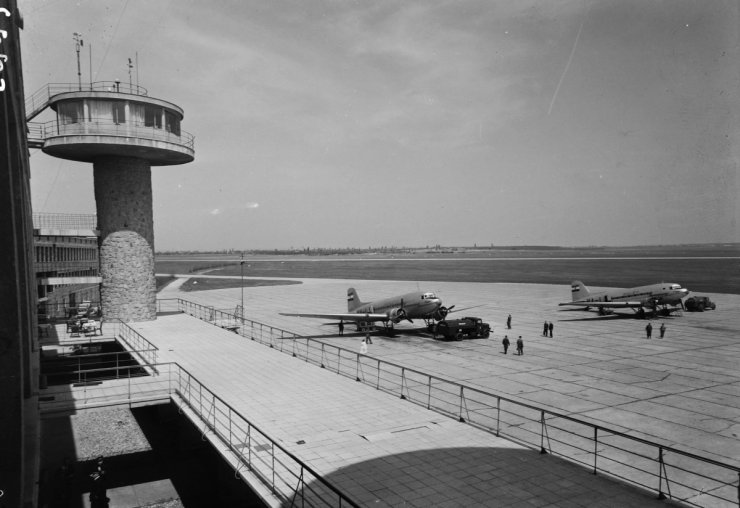
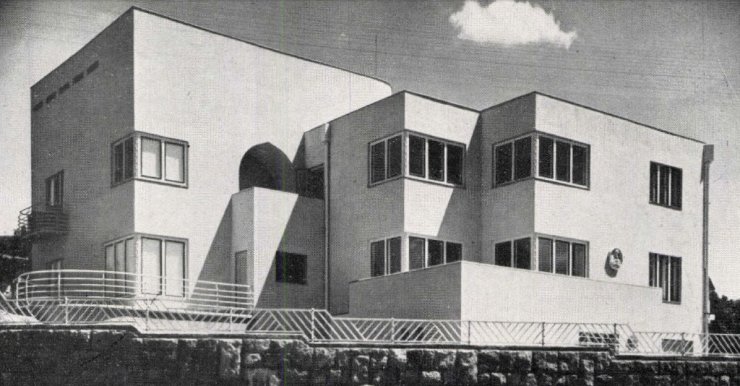
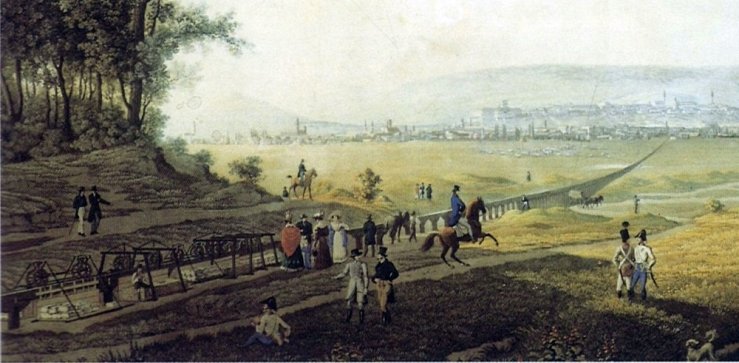
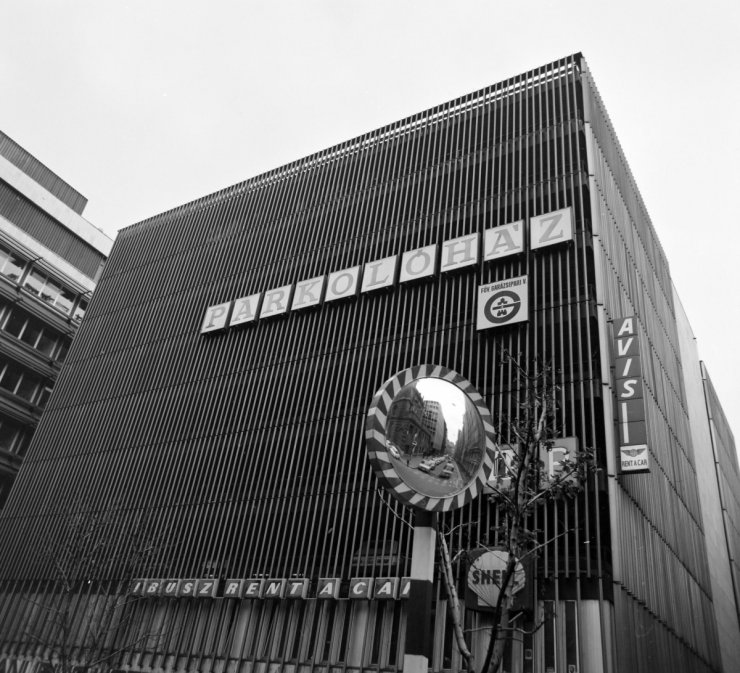
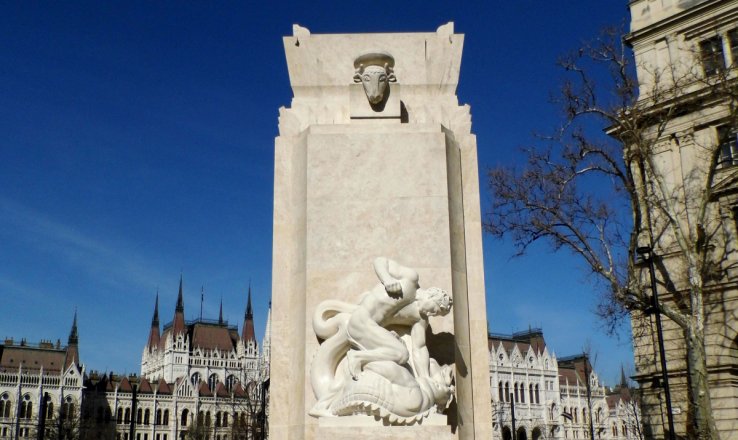
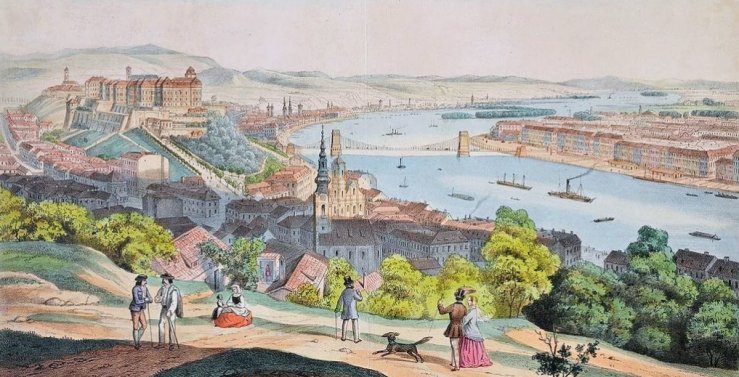
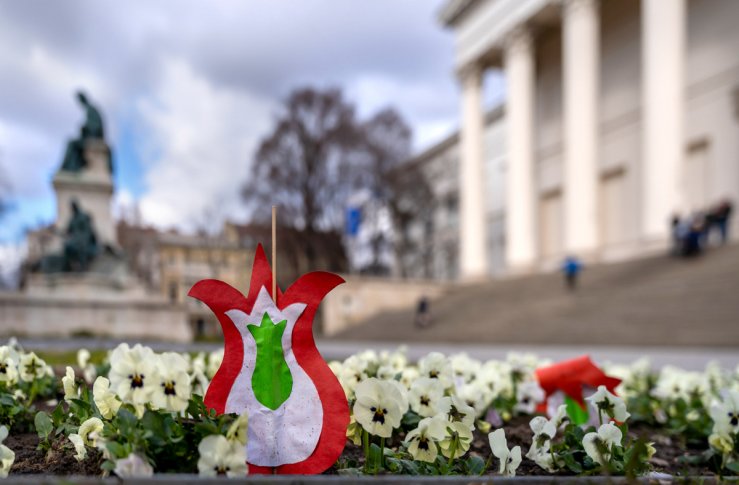
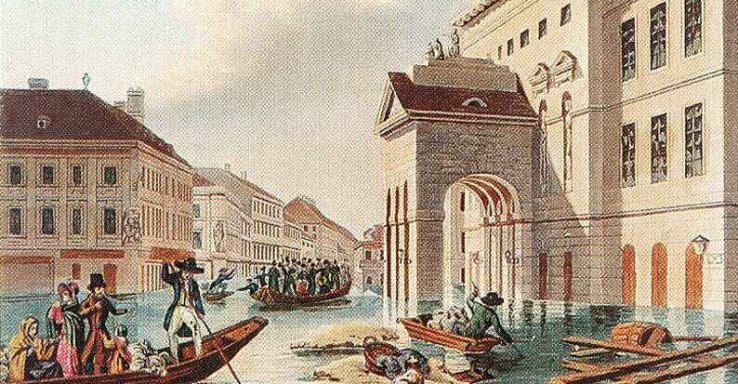
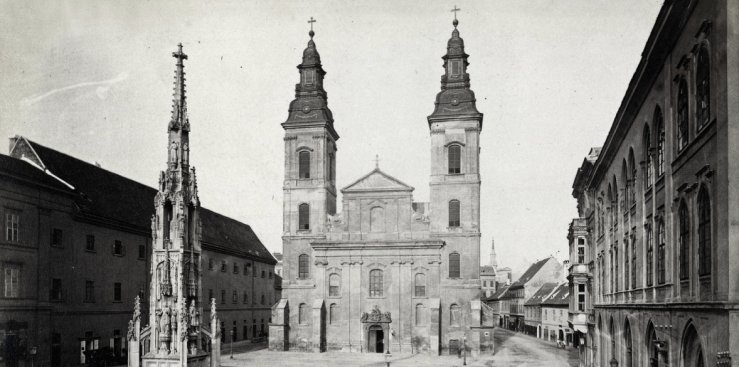
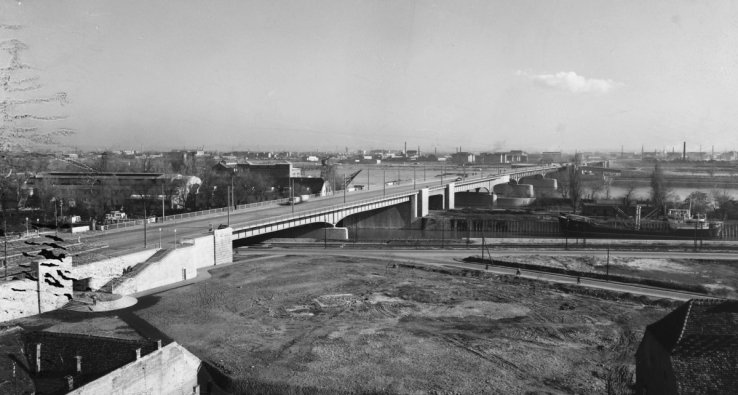
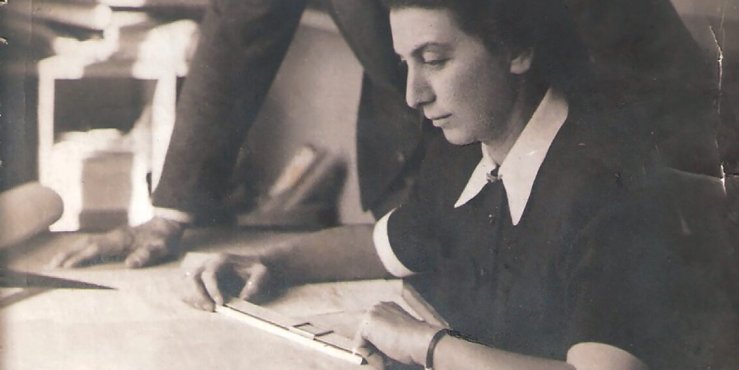
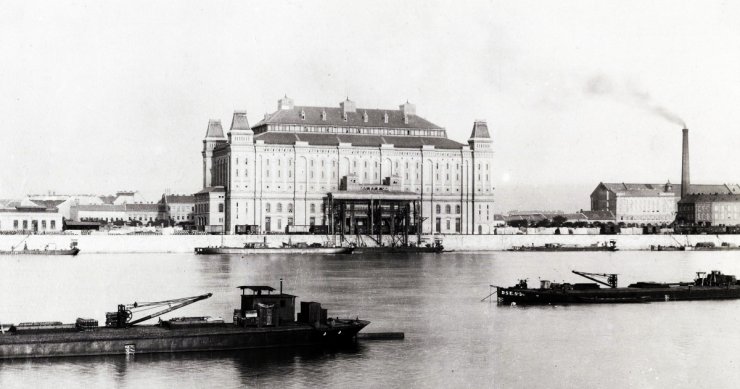
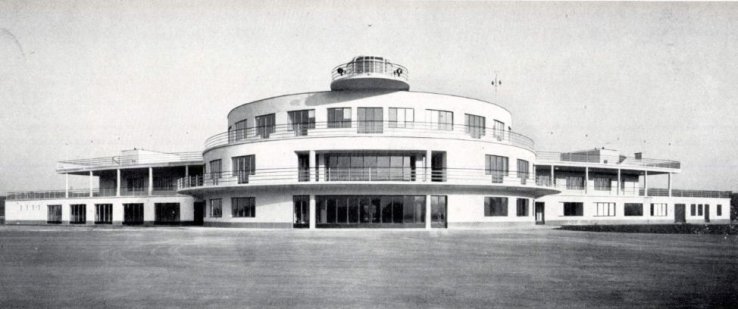
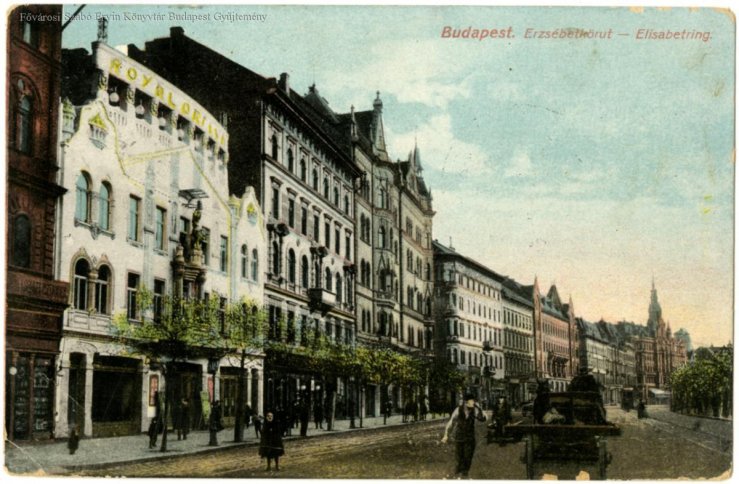
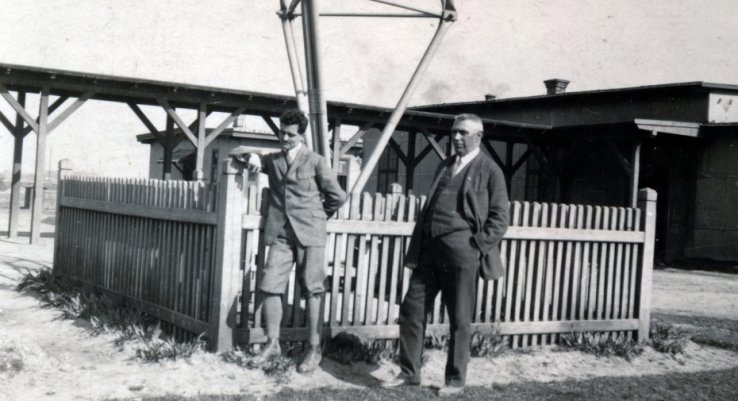
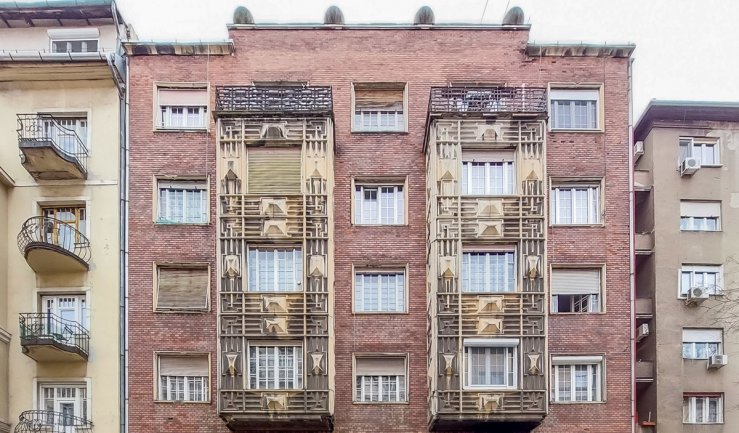
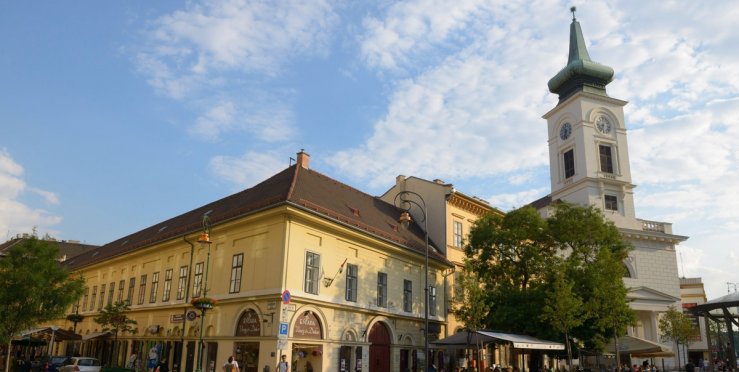
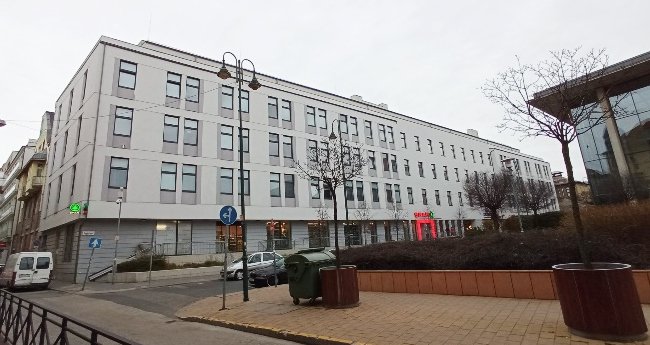
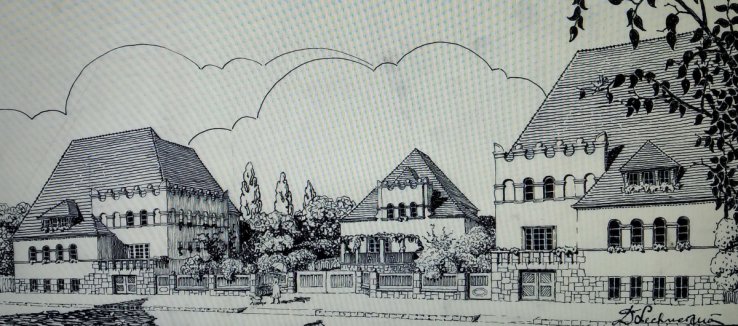
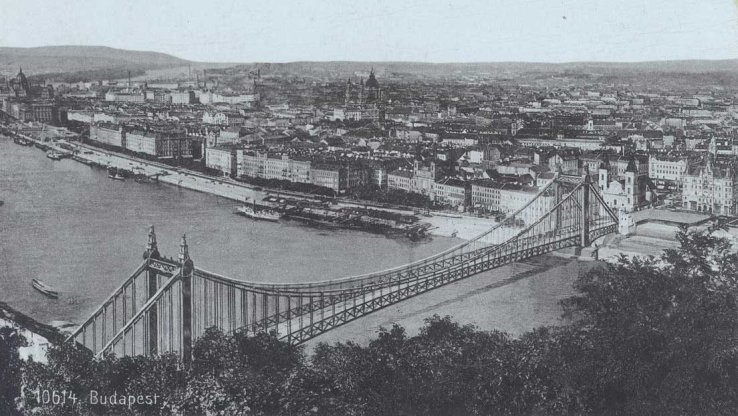
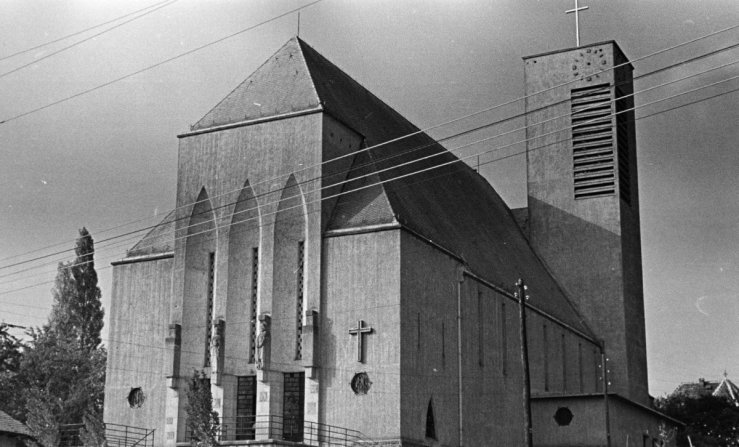
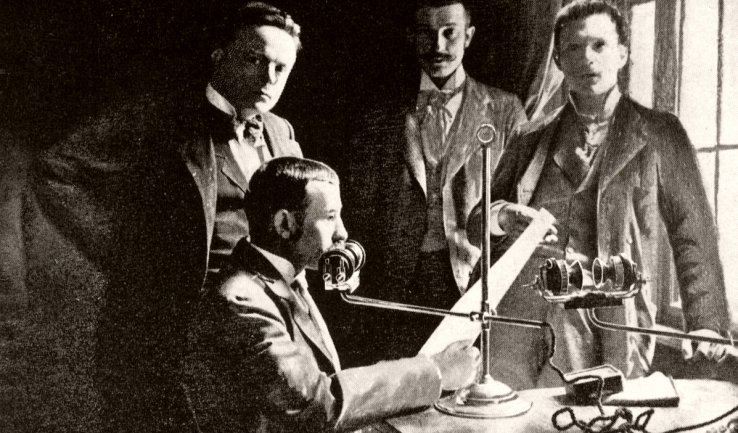

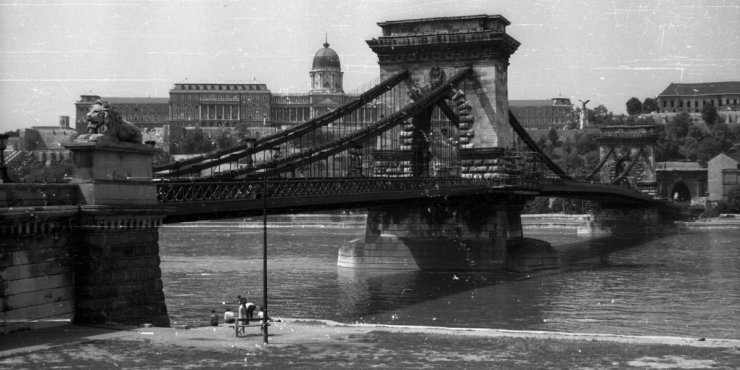
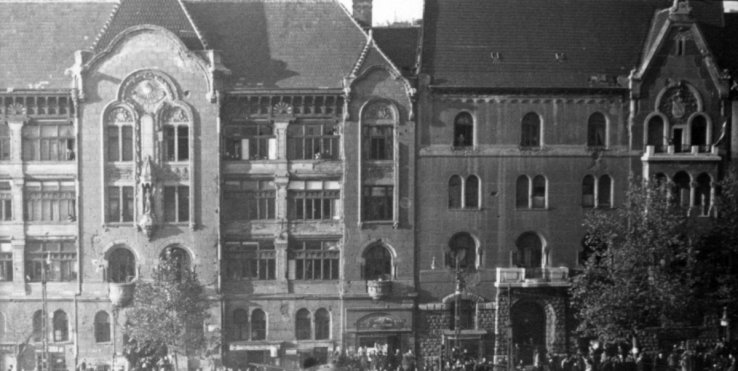
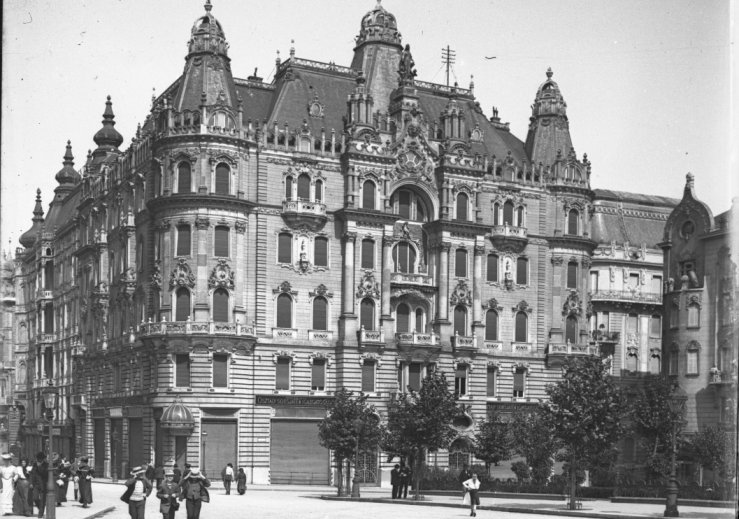
Hozzászólások
Log in or register to comment!
Login Registration